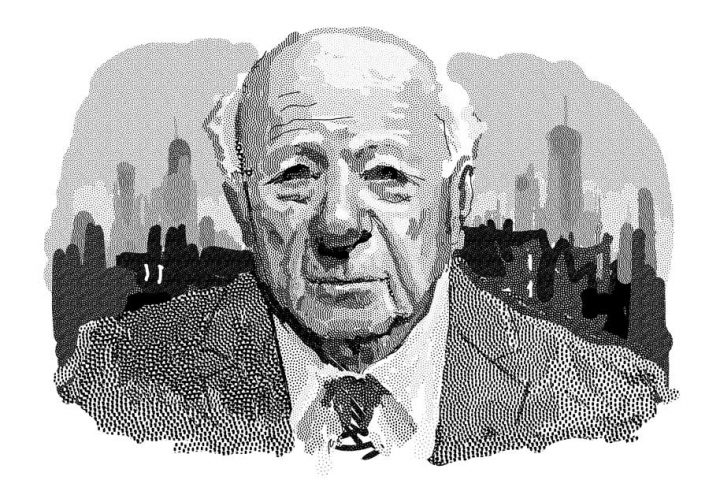The Star-Spangled Banner” is hard to sing. It’s not those treacherous high notes, however, that have caused some pro football players to take a knee during the singing of it. Their problem is with the flag; more precisely, with the notion that it flies “o’er the land of the free and the home of the brave,” rather than over the land of white privilege and the home of implicit bias.
Decades ago, Congress tried to change the national anthem to “God Bless America,” a song as stirring as the existing anthem but far easier to sing. It is immense fun to belt out those lyrics:
God bless America, land that I love
Stand beside her and guide her
Through the night with the light from above.
From the mountains to the prairies
To the oceans white with foam
God bless America, my home sweet home.
The great Irving Berlin wrote it in 1918, at the end of World War I; but he rewrote it for Kate Smith—the greatest belter outer of them all—and assigned to her the exclusive right to sing it. She introduced it on her radio show on Armistice Day, November 11, 1938, less than a year before war would break out again in Europe. She sang it with a special introduction by Berlin:
While the storm clouds gather far across the sea
Let us swear allegiance to a land that’s free
Let us all be grateful for a land so fair
As we raise our voices in a solemn prayer.
The song is a kind of prayer, asking for God’s blessing and guidance, while giving thanks for the beauty and sweetness of this our continental home. Those surrounding oceans were not wide enough to prevent world war from finding America again. And through World War II, as it had through the Great Depression, Kate Smith’s voice “cheered her countrymen through the darkest days,” to quote the Los Angeles Times’s obituary of her. She traveled more than 500,000 miles to entertain troops and sold more War Bonds than any other show-business figure—$600 million worth in the course of the war.
* * *
But in the 21st Century gratitude has gone out of style, along with all sense of proportion. Of the almost 3,000 songs she recorded, and the 1,000 or so she herself introduced, the P.C. detectives have found two that must be condemned for indulging racial stereotypes. Fine. Yet somehow as a result, the New York Yankees have tossed her classic version of “God Bless America,” which they used to play in the seventh-inning stretch. They believe in “erring on the side of sensitivity,” they explained.
The Philadelphia Flyers have banned the patriotic tune from the beginning of their hockey games, where they put it (supplanting “The Star-Spangled Banner,” incidentally) decades ago in a desperate quest for victory. When they played it, they tended to win. After Miss Smith sang it in person, they won the Stanley Cup in 1974, and repeated in 1975. The grateful Flyers erected a statue to her outside their arena. The ungrateful Flyers have now removed her statue.
It’s not as though she ever donned blackface or a Klan robe, offenses which we know would shame even the most hardened Democratic politicians into instantly resigning their office.
In Miss Smith’s day, patriotism was a bipartisan affair, though a competitive one. In the 1940 presidential campaign, “God Bless America” was the official campaign song of both Franklin Roosevelt and his Republican opponent, Wendell Wilkie. Yet theirs was a segregated America, still rife with some of the cruder forms of racial prejudice. The U.S. armed forces that revenged Pearl Harbor and liberated Europe and Asia were segregated, too.
But that didn’t mean that democratic America and Nazi Germany were fighting on the same side, for white supremacy. To the great heavyweight champion Joe Louis belonged the definitive refutation of that error, so characteristic of today’s moral confusion. When he enlisted in the Army in 1942, a critic said, “It’s a white man’s army, Joe, it ain’t a black man’s army.” Louis replied, “Lots of things wrong with America, but Hitler ain’t going to fix them.”
When Kate Smith died in 1986, the LA Times declared that “God Bless America” had “transformed her from a popular singer to a national symbol of joyful patriotism.” We need to rediscover the joy of patriotism, beginning with the recognition that America’s faults do not outweigh the blessings of liberty—and that neither our sins nor our virtues relieve us from seeking “the light from above.”



